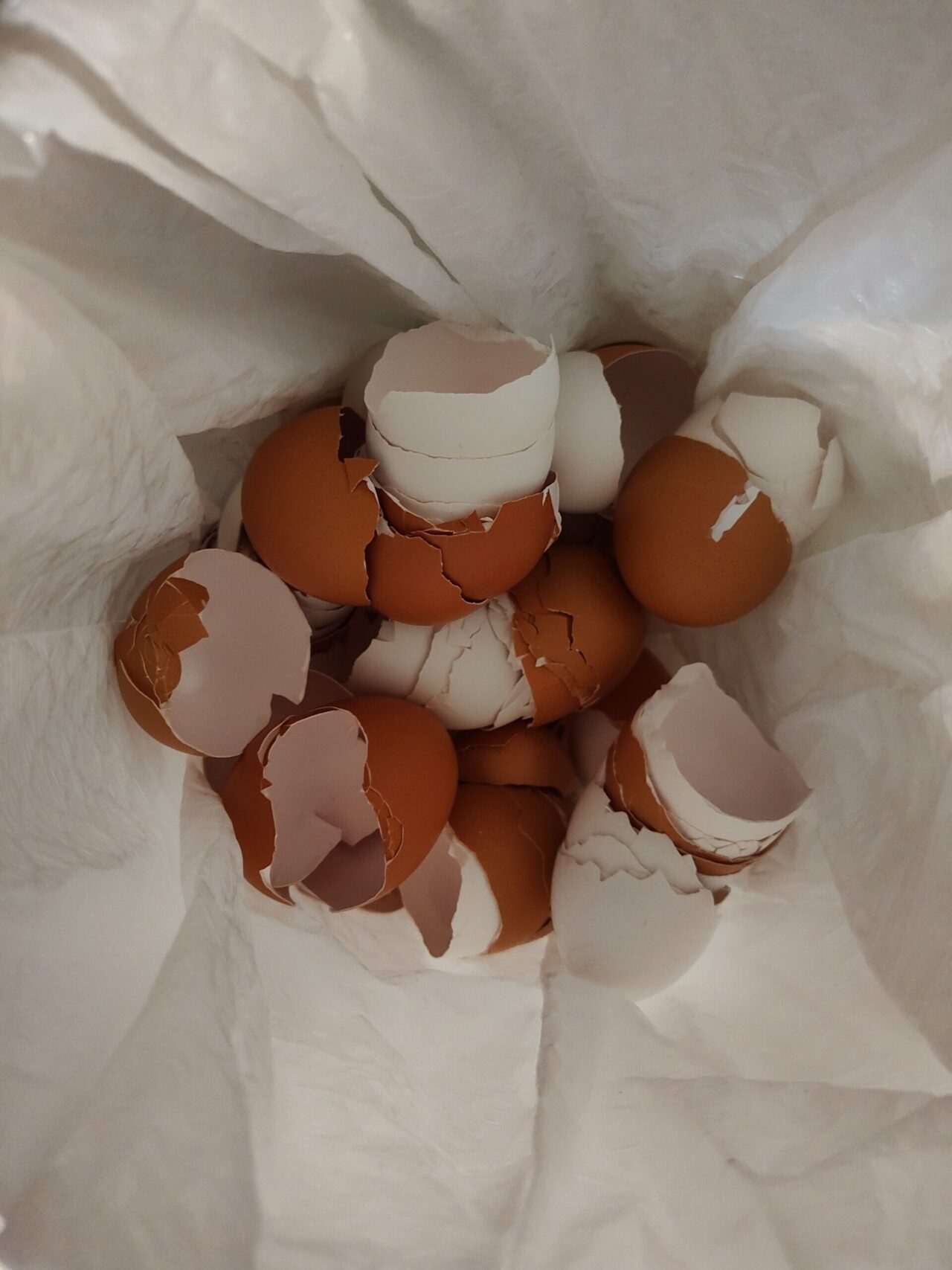Cross- Contamination Kissing with allergies
Kissing someone who recently ate something they are allergic to may trigger a reaction. It has been determined that saliva retains proteins from foods we eat for several hours. On average, this residue can linger for 4 to 5 hours and in some cases more. So, if you plan on having that romantic dinner and anticipate having that totally enjoyable enticing, sensual kiss then you better be sure you don’t consume something they are allergic to, or you may be spending the rest of your date or night alone or at the hospital.
Brushing Won’t Make a Difference
Even if you brush your teeth and gargle with mouthwash or chew gum afterward it won’t make a difference. That is because the proteins remain in the saliva for several hours. even after brushing. As a special note be aware that the toothpaste or mouthwash you choose to brush your teeth and tongue with can have egg ingredients. It is common among manufacturers to use egg ingredients because of their whitening, brightening, and strengthening attributes for the making of some mouthwashes and toothpaste (Eggshell toothpaste can re-mineralize cavities, whiten the teeth, and reduce sensitivity. They also add calcium for stronger teeth).
Toothpaste made with baking soda, or a warm baking soda rinse would be preferable for everyday use by people with egg allergies.
Beverages May have Allergens
If you drink an alcoholic beverage before, during, or after dinner some of them are processed with eggs, fish bladders, minerals, or clay. So be aware of this. You can check with a site called barnavore.com to find out if a particular wine, beer, or tequila is processed with the allergen in question.
Several studies Have Been Conducted
One such study was published by Mount Sinai on February 06, 2018. It is from the Allergy and Immunology division for the allergy and immunology department at the Jaffe Food Allergy Institute located at the Icahn School of Medicine at Mount Sinai in New York. Their study was done using the allergen component of peanut butter. According to Scott Sicherer, MD, Professor. The study shows that five to 12 percent of food-allergic individuals will have a reaction from Kissing. Their suggestion is to wait several hours before any contact and have the date eat something nonallergen-related.
Mount Sinai Studies Transference of Allergen
The study was to determine when the transference of an allergen remaining in protein saliva is at a safe level to enjoy an intensely romantic kiss. They conclude that kissing or sharing utensils even after gum chewing and brushing the teeth is best to be avoided for several hours and after they have ingested a meal free from the allergen. The reason for eating another meal is to reduce the salivary protein concentration.
Mayo Clinic Kissing and Touching Allergen Reactions
An Affiliated hospital emergency department of the Mayo Clinic concluded that allergic reactions to crustaceans are common and can be serious. They cited a case of a woman with a history of multiple urticarial reactions after touching shrimp and lobster dishes. The woman was taken to an affiliated Mayo Clinic Emergency for an anaphylactic reaction. It developed immediately after she kissed her boyfriend. It turns out that the boyfriend had eaten shrimp shortly before they kissed. People who have allergic reactions to food do not need to eat the food they are allergic to. They can have an allergic reaction through kissing or simply touching the food or touching someone who has recently eaten the food.
Reactions from Kissing are Common
A kiss on the cheek can unknowingly transfer enough saliva protein to trigger skin irritation, itching, circulatory problems, and wheezing. In some cases, anaphylaxis may occur. The transfer of proteins occurs because people often lick their lips, and the saliva residue is then transmitted to the lip area.
Skin contact from a kiss on the cheek can have some effect too depending on the person’s severity of an allergen. It is important to note that food allergies are an immune system reaction that happens soon after eating a certain food. Surprisingly, any tiny amount of a food allergen is all that is needed to trigger signs and symptoms. Contact skin reactions from a kiss can lead to no reactions or localized ones. These can include digestive and constricted swollen airways, facial tissues like eyes, lips, nose, or throat as well as hives and rashes numbness, and tingling. They also can be mild or severe depending on whether you are intolerant or an anaphylactic person. For the anaphylactic person, it could be a kiss of death.
Just eating a granola bar and kissing someone on the cheek can cause a simple rash if that recipient is allergic to nuts or peanut butter. Washing the kissed cheek afterward can lessen the severity of the rash.
Resource Articles
Peanut allergen exposure through saliva: assessment and interventions to reduce exposure. Scott Sicherer, MD, Professor, Pediatrics, Allergy and Immunology, Chief, Division of Allergy and Immunology, Jaffe Food Allergy Institute, Icahn School of Medicine at Mount Sinai. September 2006
https://pubmed.ncbi.nlm.nih.gov/14635463/#:~:text=J%20Investig%20Allergol,3)%3A149%2D54.
https://pubmed.ncbi.nlm.nih.gov/
The kiss of death: a severe allergic reaction to a shellfish induced by a good-night kiss.
Steensma DP. Mayo Clin Proc. 2003 Feb;78(2):221-2. doi: 10.4065/78.2.221. PMID: 12583533
Food Allergies and Kissing
https://www.nejm.org/doi/full/10.1056/NEJM200206063462320


